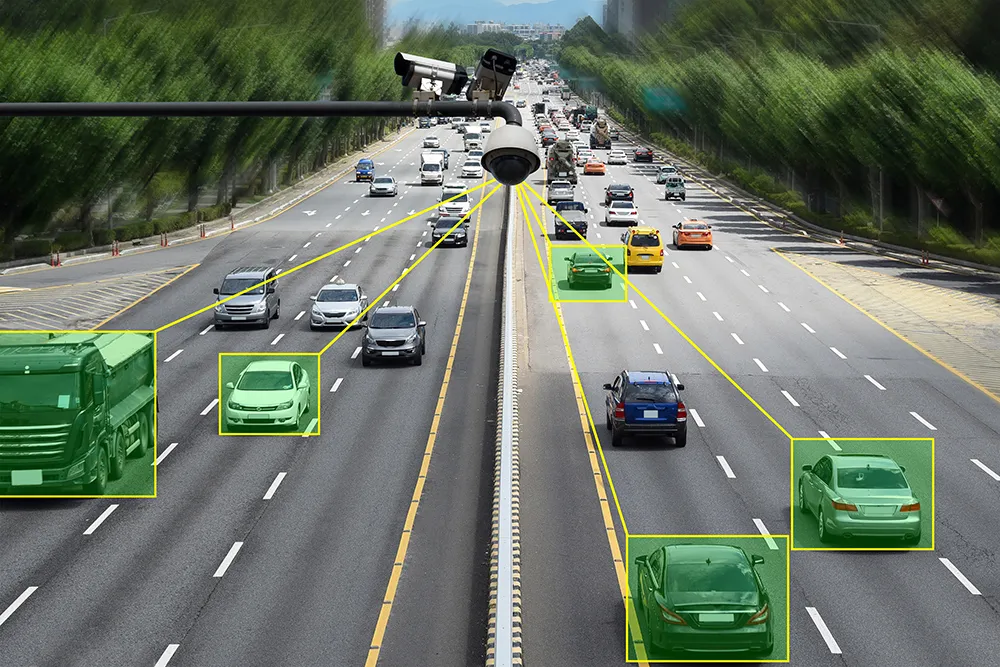
As the company points out, in some European countries the law allows direct automated penalisation of overloaded vehicles based on weighing data from certified high-speed WIM systems with Kistler quartz strip sensors. In others, the necessary legal background is in preparation and new projects are being designed to stop road damage caused by overloading and, in some cases, tax evasion.
“High-speed automatic enforcement based on WIM is a fairly new process and is still facing some challenges regarding country-specific requirements and certifications, and the corresponding legal know-how is scarce,” says Tomas Pospisek, Kistler’s EMEA Sales Manager - Road & Traffic.
“With our OIML-certified WIM technology and our experience from many applications around the globe, we are committed to providing qualified support and expert advice to customers regarding local requirements.”
Another area that has great potential for highly accurate certified WIM systems is industrial truck weighing. Cost-effective weighing of large numbers of trucks is needed at many industrial facilities, such as concrete plants, mines and ports. Measurement speed and overall efficiency play an important role and this is particularly true for sites with a high density of traffic, where weighing is time-consuming and expensive.
Kistler’s certified WIM system meets legal requirements for weighing industrial goods at low and medium speeds, ensuring a quick return on investment and a guaranteed output.
“Delivering legally compliant data is at the core of many new applications,” says Pospisek. “ Automated direct enforcement, legal-for-trade industrial truck weighing and toll-by-weight applications will become reality only with completely reliable, 100% waterproof weighing data. Kistler with its OIML certified WIM system is leading the way.”










